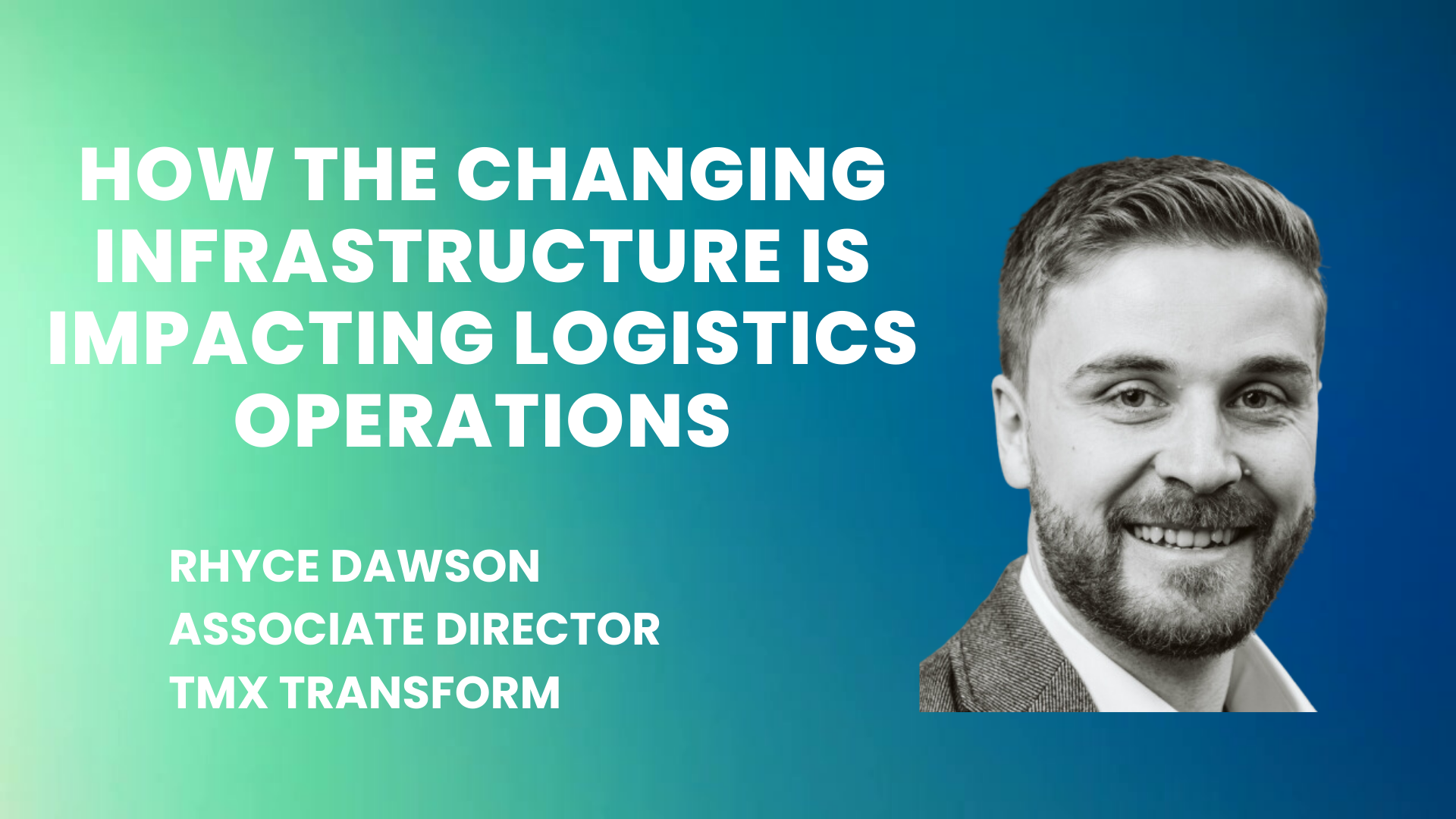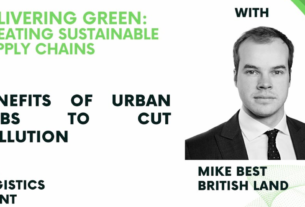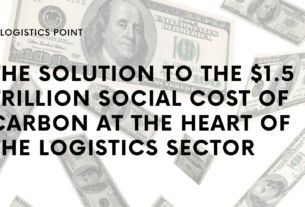On November 28th, Rhyce Dawson from TMX Transform delivered an insightful talk at our Urban Logistics & Last Mile event in Central London. He explored the complexities within the UK’s well-established road infrastructure, shedding light on its impact on logistics, especially in urban settings.

The UK boasts a robust road network, a testament to its progress, but it presents unique challenges. This infrastructure, while a mark of development, can inadvertently bottleneck logistics operations, sparking discussions on adapting and evolving within the existing framework.
Focusing on urbanisation, it was revealed that a staggering 84% of the UK’s population resides in urban areas, aligning with a global trend anticipating 80% urbanisation by 2050, as per UN estimates. COVID-19’s influence on consumer behaviour and delivery operations underscored the need for adaptability in meeting evolving demands.
Join us next year for two events! We will look into the world of logistics & ESG goals, how the industry is transforming and what leading voices are doing. And we will take a deep dive into the world of urban logistics. You can now get a membership and save on the price of your ticket, bring a colleague, and more.
Driving logistics with communities
Rhyce highlighted the exponential growth of e-commerce, projecting a significant surge in parcel volumes. The consensus emphasised the imperative of a community-driven approach and technological interventions to tackle last-mile and urban logistical challenges. While automation and AI were seen as promising tools, there was a deeper exploration of the correlation between rising consumerism and environmental impact.

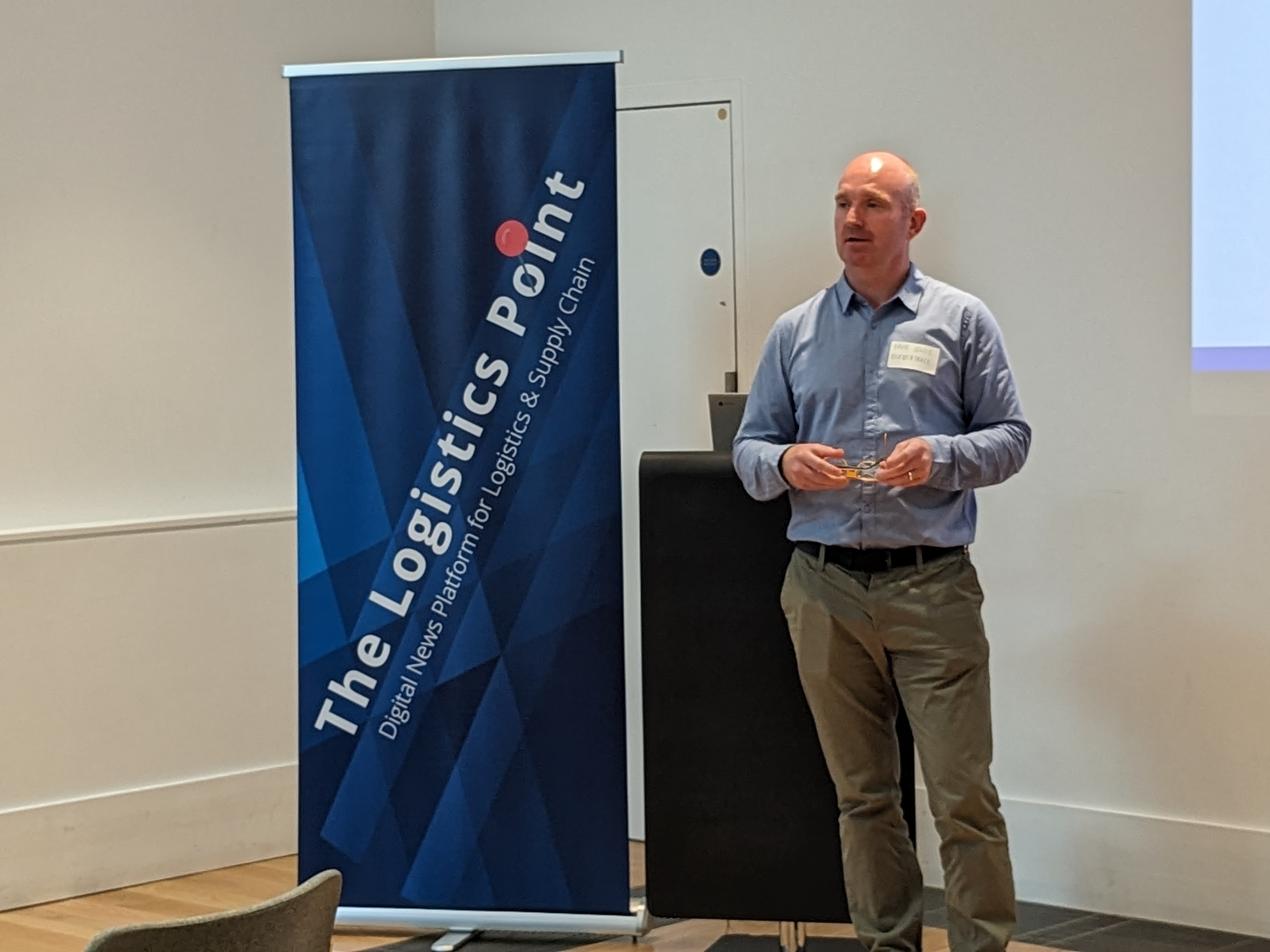
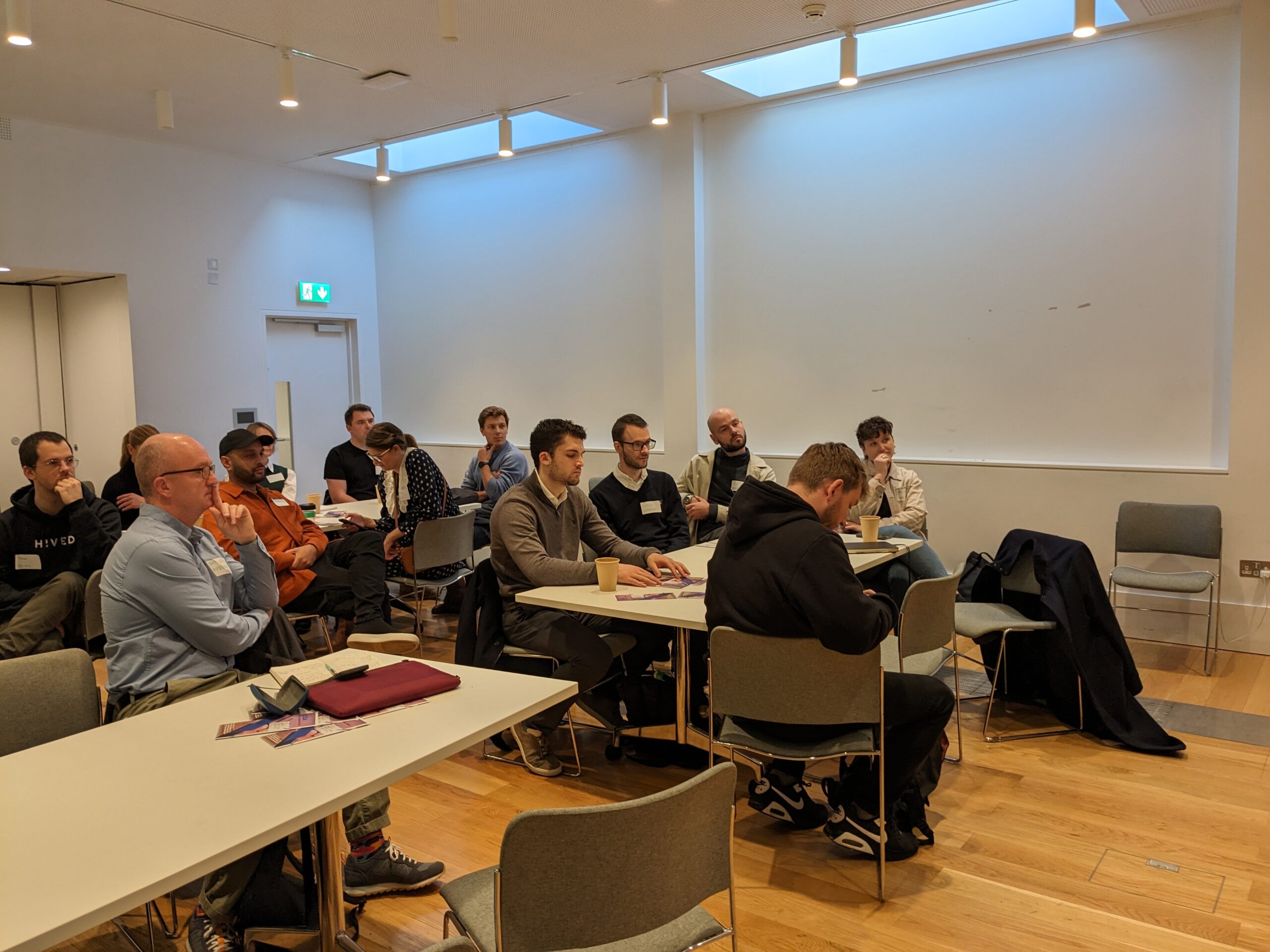
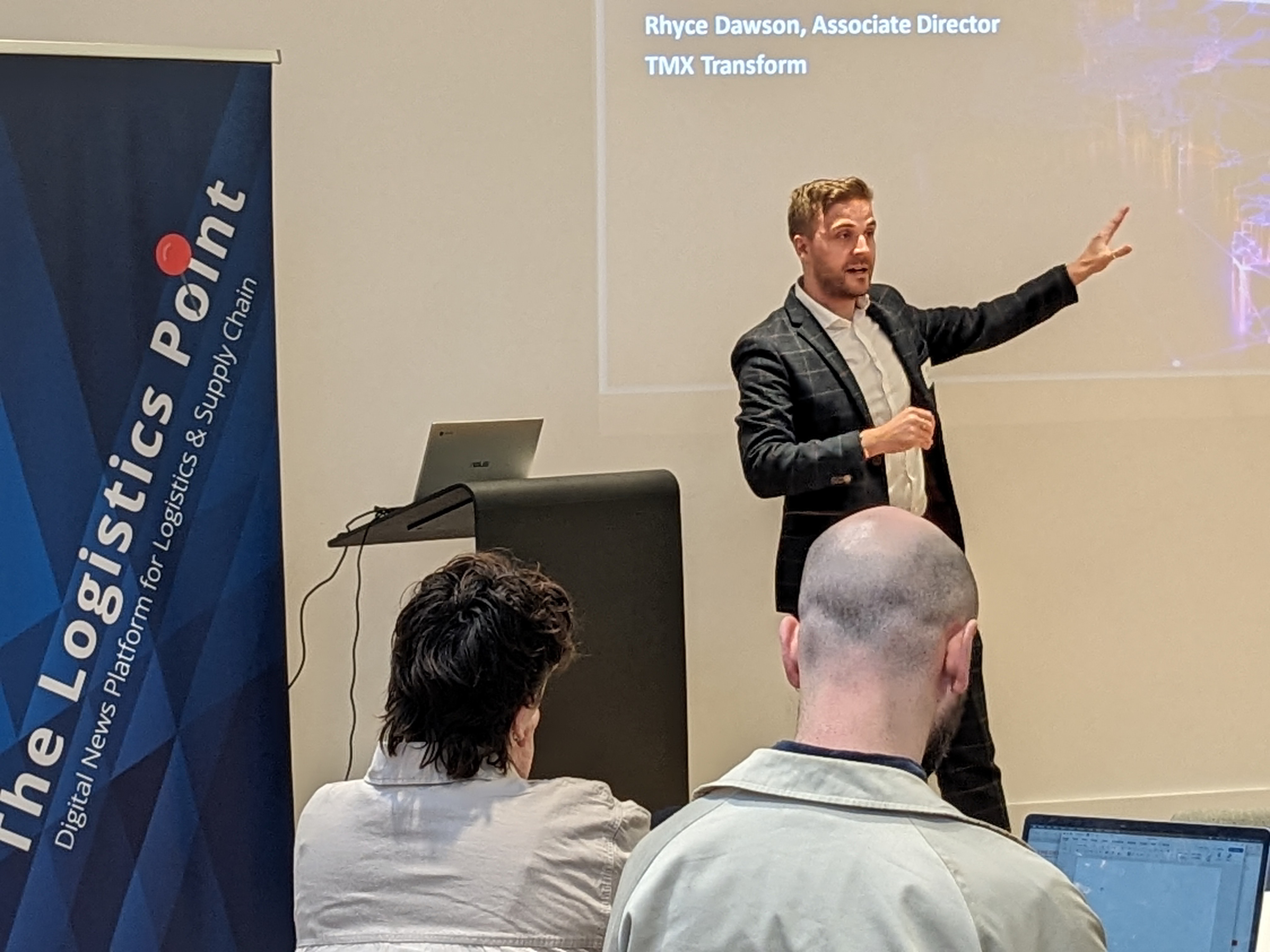
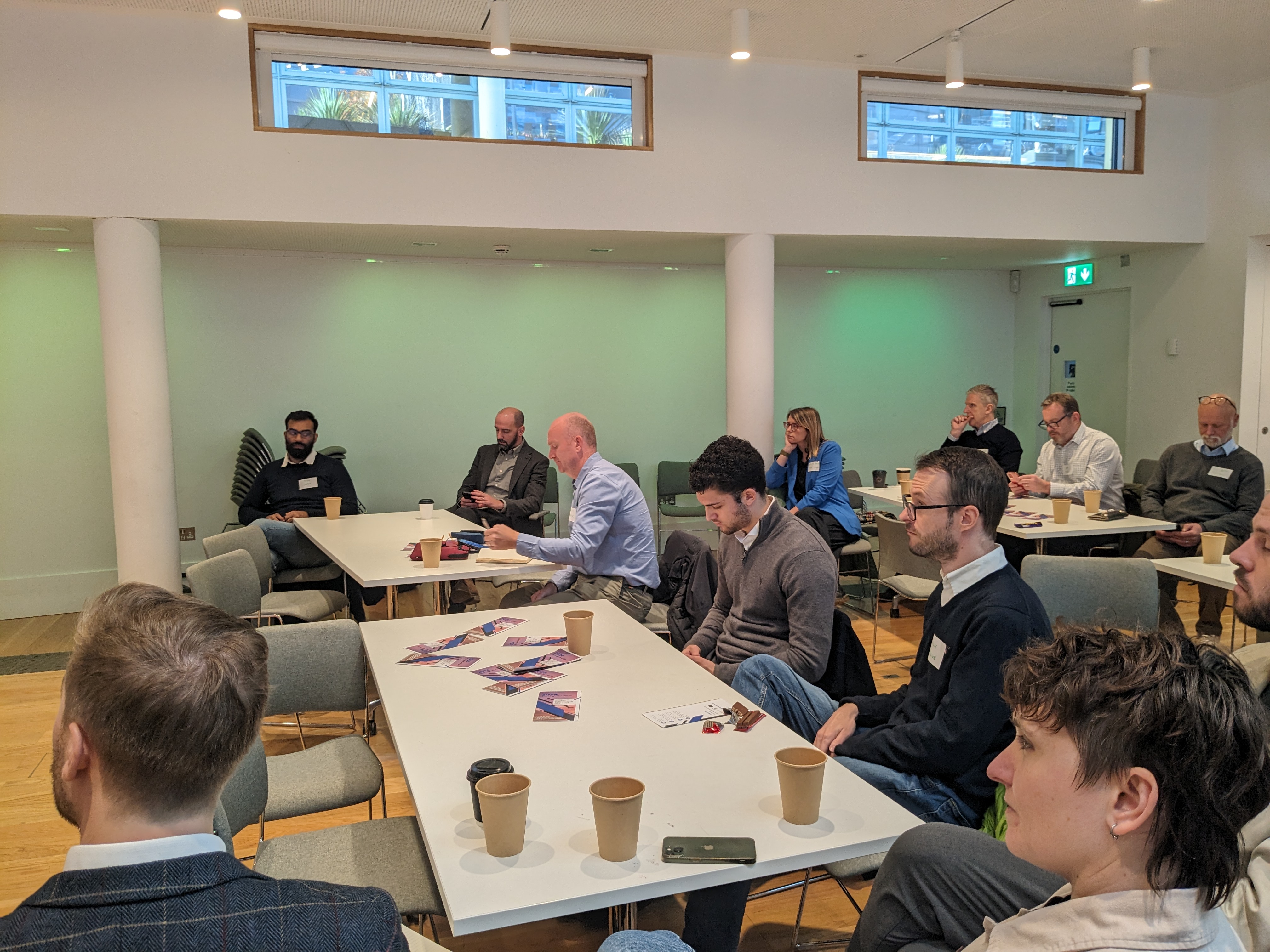
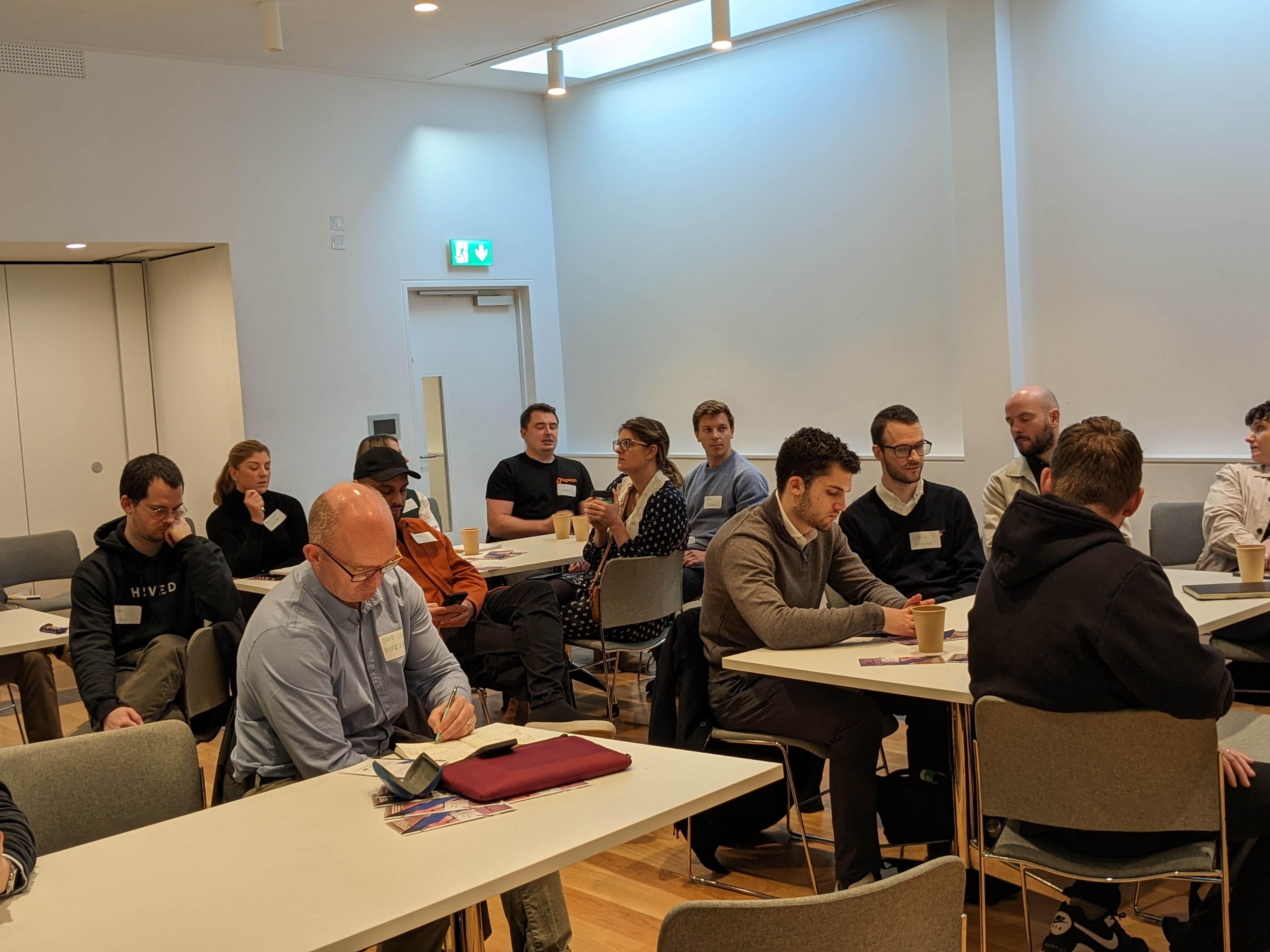
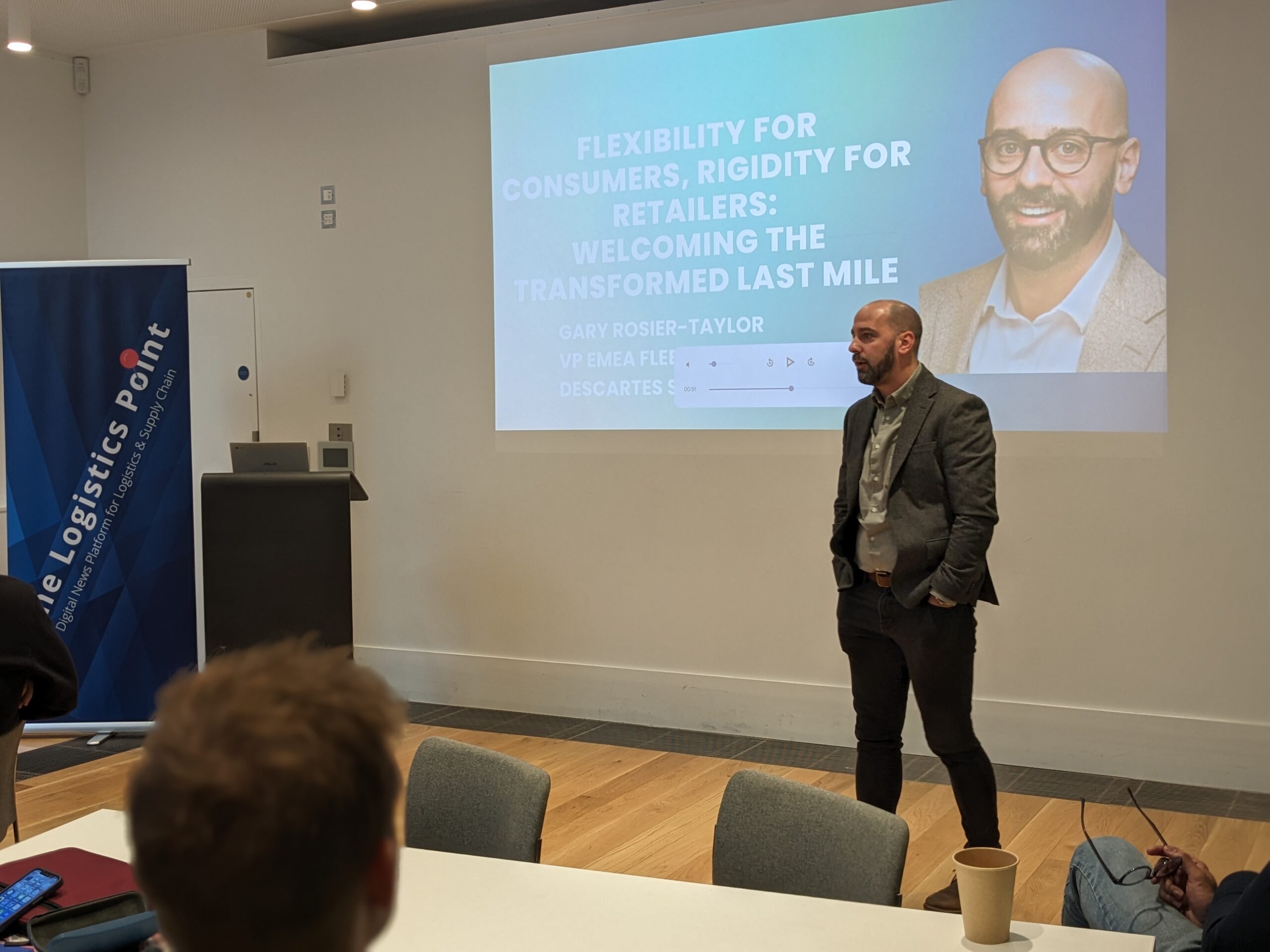
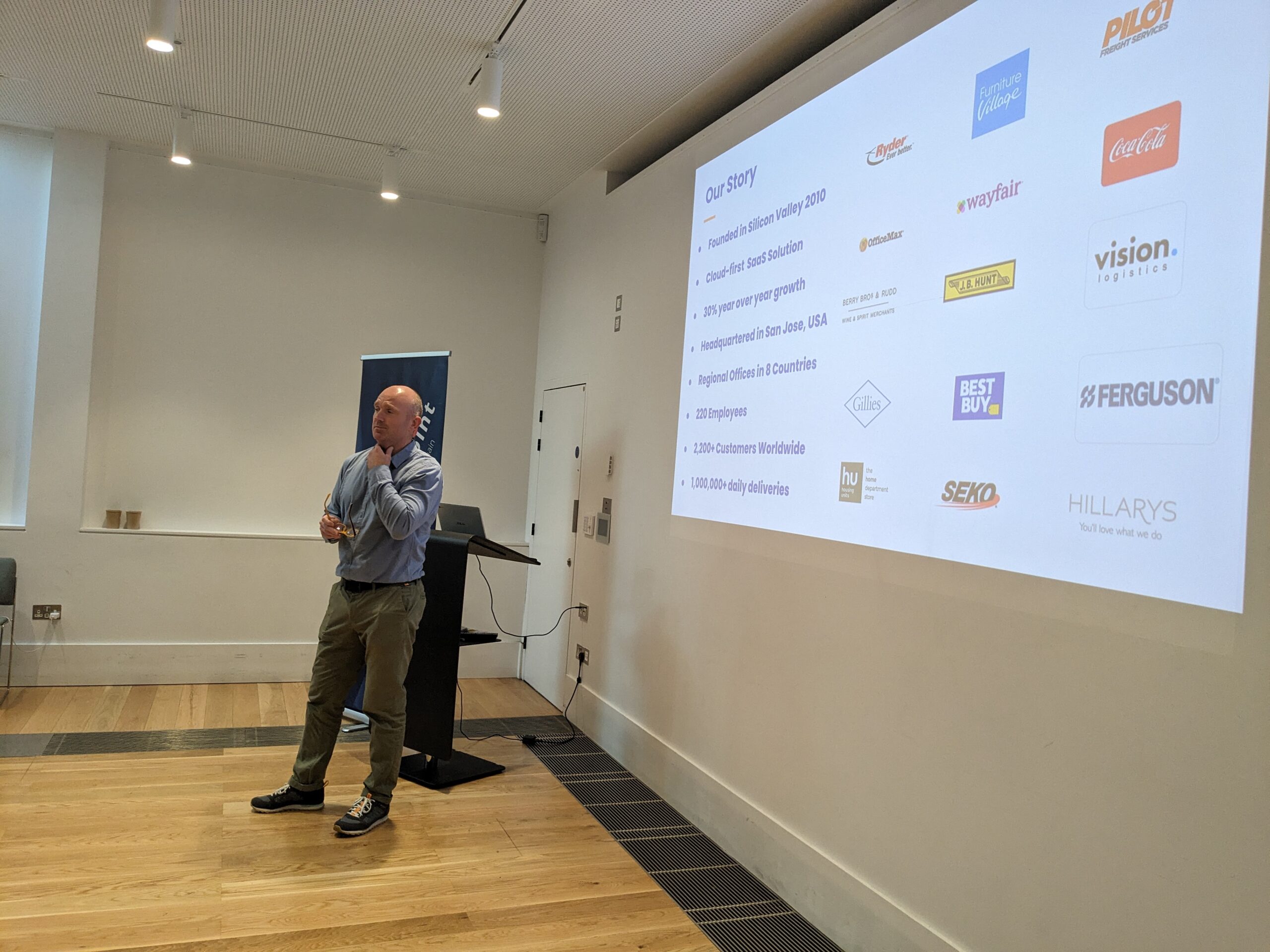
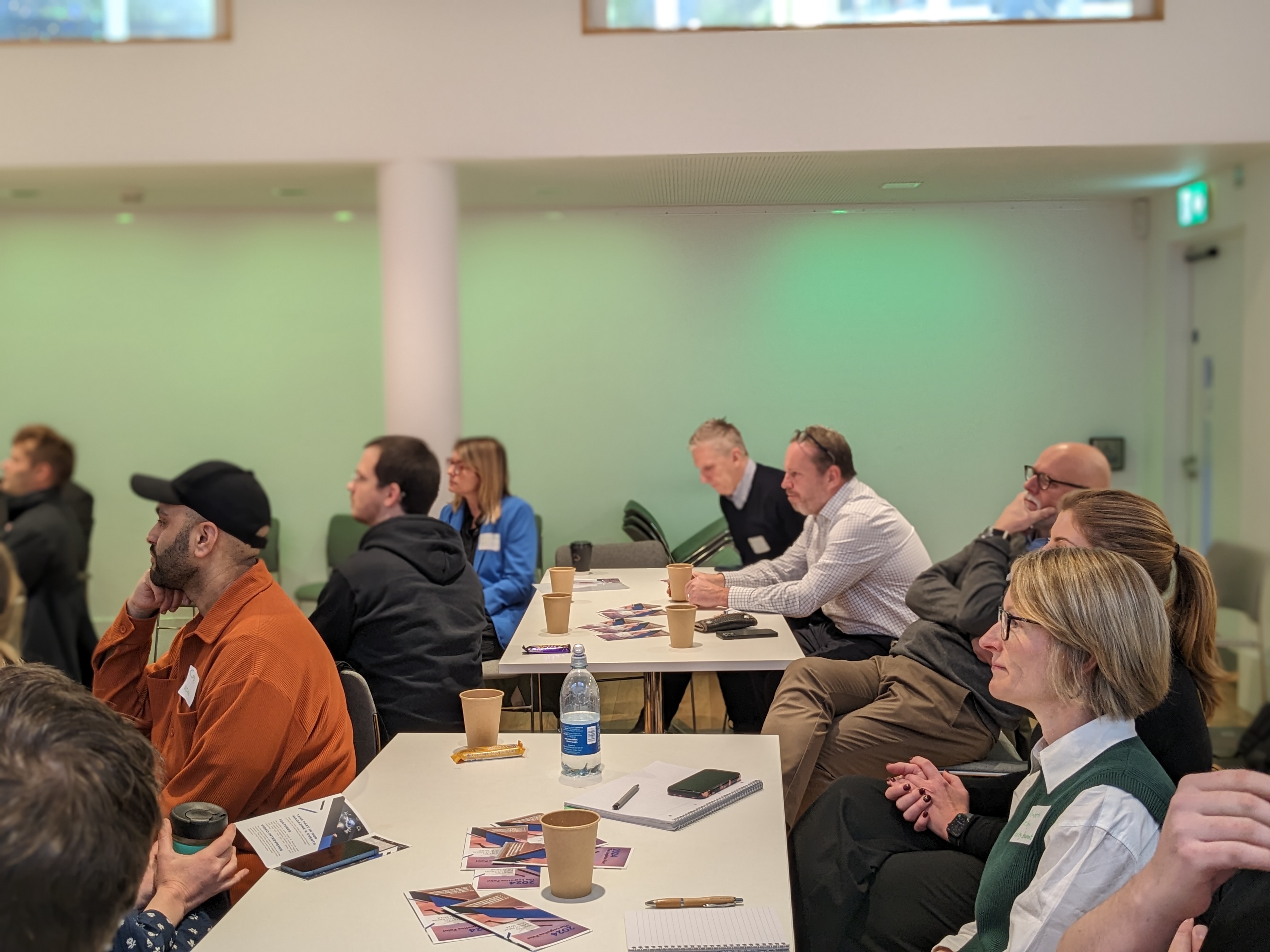
The conversation extended to influencing consumer behaviour through strategies like dynamic pricing and fostering cooperation among courier services. Examples of collaboration between major players like Royal Mail, DPD, and Evri showcased the potential but also raised questions about scalability.
During discussions, attendees raised concerns about existing infrastructure limitations, hesitancy in sharing logistical burdens, and obstacles posed by traditional work methods and bureaucracy. Scepticism prevailed regarding consumer willingness to pay for greener options amid financial constraints, indicating a potential need for legislative intervention.
There were apprehensions about conglomerates collaborating due to shareholder concerns, while complexities in data and systems among courier services posed significant operational challenges. While acknowledging the role of legislation, participants stressed the importance of internal initiatives within organisations to drive meaningful changes in the logistics landscape.
Overall, the event highlighted the need for collective action, innovation, and a holistic approach merging technology, consumer education, and collaborative efforts to streamline urban logistics effectively in our evolving world. *
